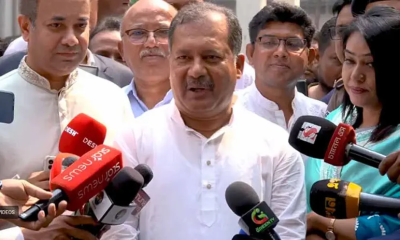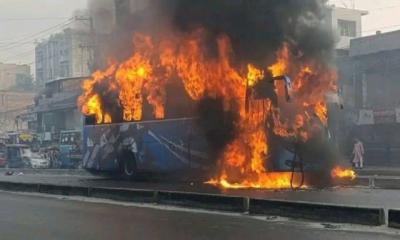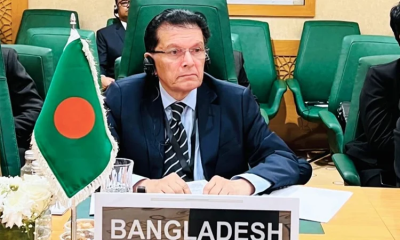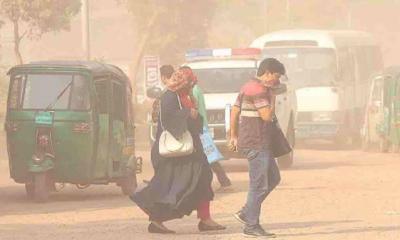The district council is a local government institution. The district council consists of a chairman, 15 members and 5 women members from reserved seats. It has an important role in the development activities of the district.
There is also controversy over the work of the district chairman and its members. Many members claim that even though the chairman has a job, they in fact have no tasks or job.
In most of the meetings of the council during their tenure, there is no other work except signing documnents. Many people consider the district council as the last resort or sort of a scheme for aging and deprived leaders of the ruling government.
The newly elected 59 Zilla Parishad chairman and 623 members took oath at Bangabandhu International Conference Center (BICC) in the capital on Monday afternoon.
During that event, the Prime Minister said that her government has taken projects worth about Tk 3 thousand crores under revenue sector and Tk 540 crores under Asian Development Bank (ADB) in 61 district councils in the fiscal year 2021-22. But many members of district councils across the country do not know what their tasks are.
What does the Zilla Parishad Act say?
The District Council Act sheds some light on the duties and responsibilities of the council. However, there is no clear understanding of the responsibilities of council members.
By reviewing the Zilla Parishad Act 2000 or the District Council Act 2000 (Amended 2016), it can be seen that in this case, the provision of making rules has been kept in the law to determine the duties and responsibilities. Although the current ruling Awami League (AL) government enacted the law in 2000, it has not yet been able to create rules regarding maintaining responsibilities.
What is the function of Zilla Parishad?
According to the District Council Act, the Parishad will perform 12 mandatory functions. Tasks include review of all development activities in the district; Review the implementation progress of projects undertaken by Upazila Parishads and Municipalities; Management and maintenance of parks, playgrounds and open spaces.
Apart from this, there are opportunities to do 68 types of optional work in 7 fields including education, culture, social welfare, public health, economic welfare.
The original report has been translated Bengali to English by Krishti Aung Leona,










-20260227090008.webp)




-20260226080139.webp)









-20260224075258.webp)




-20260221022827.webp)


